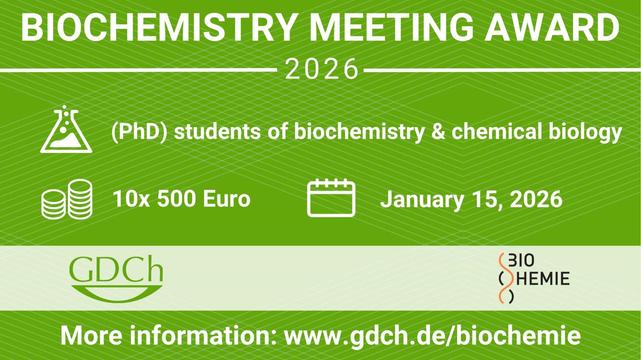Great opportunity to work as a #PhD or #postdoc with a great PI (Markus Lakemeyer), in the exciting scientific environment at Uni Jena.
Interested in #ChemBio, #Biochemistry, #Chemistry, #Microbiology and/or pharmaceutical sciences? Check it out:
PhD: https://jobs.uni-jena.de/jobposting/84efb524dbbb4a6fef8e0e9ba43950f94cfe858b0
Postdoc: https://jobs.uni-jena.de/jobposting/c73b69961faa2223f374e0214651dc2e6834bf790















